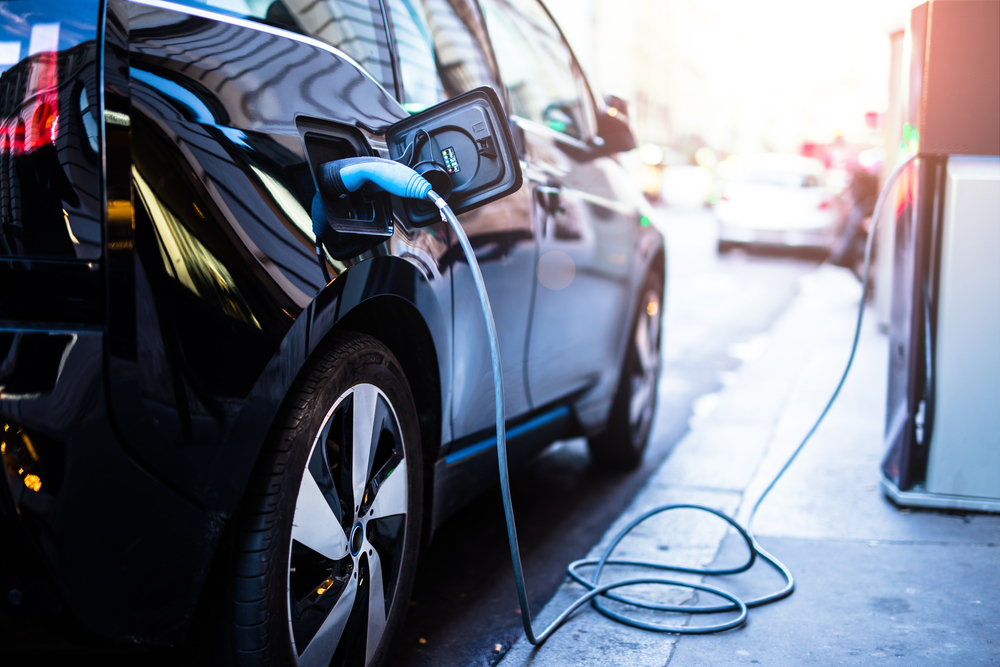Household Bills
Low mileage used electric cars now cost half the price of new

The price of ‘nearly new’ second-hand electric vehicles are around half the price of brand new ones which could entice drivers to go green.
It is now possible to buy a second-hand electric car with less than 10,000 miles on the clock for around half the cost of a brand new car.
According to the AA, used electric cars are now trading at 47% of their original value, compared to 67.1% for petrol and 65.1% for diesel cars, 72.8% for hybrids and 62.7% for plug-in hybrids (36 months old or 60,000 miles).
For example, on the AA website a Vauxhall e-Corsa, which starts at £33,930 brand new, could be bought for less than £17,000 with less than 7,000 miles on the clock and manufactured in 2021.
Meanwhile a Hyundai IONIQ Premium, which starts at £43,445 brand new, could be bought for around £17,500 for a model only one year old.
Edmund King, AA president, said the price difference is “astonishing”.
He said: “This means there are some bargains out there and it could push those in two minds to make the leap to electric. Hybrid values seem to support that, showing popularity among those wanting to keep a foot in both camps.
“Drivers should remember that running costs for an EV are considerably lower, they drive well, are better for the environment and are fun to drive.”
Flat rate charging on the rise
The cost of used electric vehicles may be going down, but the AA’s April 2023 EV Recharge Report revealed the price of slow charging an electric vehicle rose by 5p per kWh to 40p per kWh.
Charging an electric vehicle at a fast rate also rose by 1p per kWh, to 54p per kWh.
Using a slow charge for an electric vehicle is still around half the average cost of using an ultra-rapid charging unit, the AA report revealed.
It is also on average 5p a mile cheaper than using a petrol car. These prices have fallen to an 18-month low but retailers are accused of failing to pass on full wholesale cost savings to drivers.
To charge an electric vehicle at home, it was an average of 7.64p per mile in April. This cost rises to 8.99p per mile for slow charging, 12.13p for fast, 15.06p for rapid, and 15.73p for ultra-rapid charging. This is in comparison to 14p per mile for petrol.
The time it takes to charge an electric vehicle depends on the model and the type of charger being used. On average, it’s around four to six hours to fully-charge a car when using a 7kW ‘slow’ charger – the type usually found at supermarkets – or half this time with a 22kW ‘fast’ unit. An ultra-fast unit, with 23-100kW, can take around 20 to 30 minutes.
Charging at supermarkets has become a favourite option for many electric car owners as the slower and cheaper rate of charging can be combined with a shopping trip.
However, the AA said prices have risen for slow charging because one supplier has upped the price it charges supermarkets for the units.
King said: “While the increase at some supermarket slow chargers is disappointing, on the whole the cost of charging has remained static and incredibly affordable, especially for the fastest charging speeds.
“There appears to be some stalling along the road to electrification from three quarters of fleets trying to save on capital costs. For some fleets, this could backfire as they will miss out on lower running costs whilst being hit with higher repair bills on an aging fleet. It will also have a knock-on effect and further delay the uptake of EVs into the mass market.
“We are in a period of flux and uncertainty for many private drivers. Do we buy a used EV now or wait until the cars have a longer range or battery longevity is further tested?”